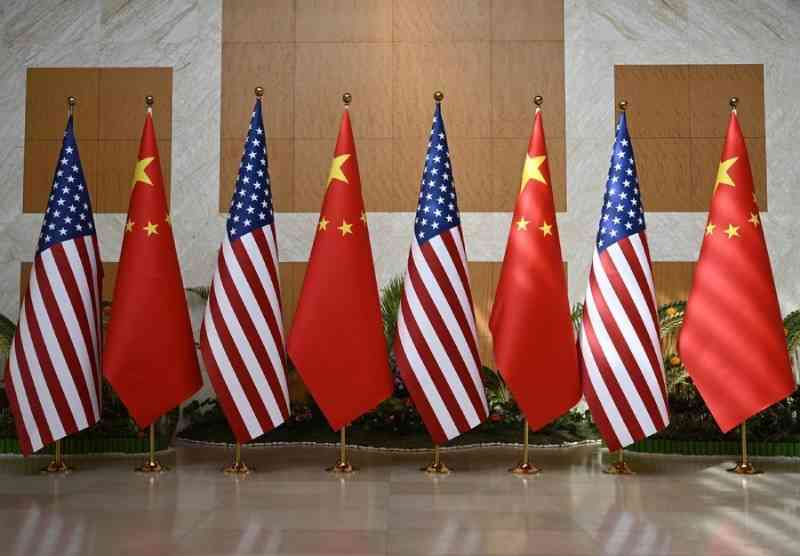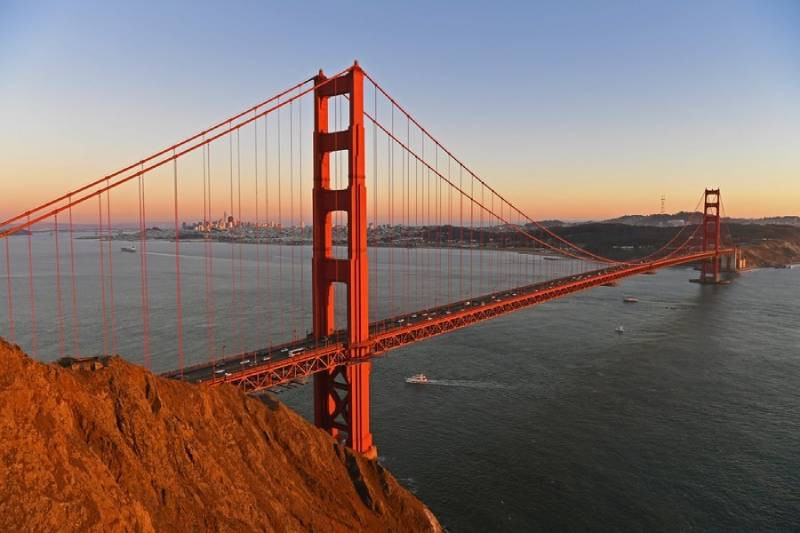
Audio By Vocalize

Photo taken on November 14, 2022, shows the national flags of China and the United States in Bali, Indonesia. [Xinhua]
Over the past year, global observers of China-U.S. relations have experienced a mood swing from a state of optimism to one of concern.
In November 2022, the heads of state of the two countries reached inspiring common understandings on bilateral ties in Bali, Indonesia. However, the subsequent U.S. crackdown on Chinese technology, disregard for China's red line on the question of Taiwan, and the hype-up of unmanned airship incident caused an unprecedented nosedive in relations between the two nations.
The roller-coaster-like fluctuations in the relationship between the world's two largest economies have left the world on tenterhooks.
Amidst current global turmoil, a deteriorating China-U.S. relationship would harm all nations.
As Chinese President Xi Jinping is in the U.S. city of San Francisco for a summit with U.S. President Joe Biden, the world is presented with a fresh opportunity for a China-U.S. thaw.

Most countries hope the summit will improve the world's most significant relationship and establish a healthy, stable and sustainable development trajectory. This goal is one of the driving forces behind the Chinese leader's journey to San Francisco.
However, like two colossal ships sailing side by side in the Pacific, for China and the United States to avoid a collision, communication and collaboration are imperative.
It is necessary to remind the U.S. side to learn from the past mistakes that have frayed bilateral relations. This is a crucial opportunity to repair ties and should not be squandered.
First and foremost, the United States must be sincere. China has put in a lot of effort to strengthen the relationship between the two countries. Now, it is the United States' responsibility to reciprocate. This involves shedding any unwarranted feelings of superiority, abandoning perceived advantageous positions and preconditions, and genuinely implementing the agreements reached by the leaders of both nations.
It is also incumbent upon the United States to address factors that could damage bilateral relations, show a genuine dedication to engaging in constructive dialogue with China, and lay the groundwork for a successful summit by cultivating a positive environment and nurturing a supportive atmosphere.
Secondly, the U.S. leadership needs to exercise a more rational and clear-eyed assessment of China-U.S. ties. On the one hand, China's development is inevitable, and any attempt by the United States to stifle or isolate China to impede its progress is a waste of time.
On the other hand, despite institutional differences, their relationship is far from irreconcilable. Instead, the two countries have already exhibited close-knit connections across various domains. The so-called "democracy versus authoritarianism" narrative some U.S. politicians have been peddling is outdated in today's world, nor does it reflect the prevailing zeitgeist regarding China-U.S. ties.
The United States must act on its words, not just pay lip service. In its dealings with China, its credibility is undermined by a past behaviour of saying one thing but doing the opposite.
Despite incessantly professing the importance of the China-U.S. relationship, the United States has opted for sanctions, baseless accusations, and repeated provocations against the Asian country it purports to value and respect, dragging the bilateral ties into a nadir. In contrast, China has demonstrated consistent patience and maturity in preserving relations with the United States.
Stay informed. Subscribe to our newsletter
With Xi's visit to San Francisco, China has once again extended the hand of friendship and cooperation across the Pacific. The hope is that the United States will demonstrate the responsibility and demeanour befitting a major power by joining hands with China and steering bilateral relations back onto the right track.
The world cannot afford to miss this important opportunity ahead.